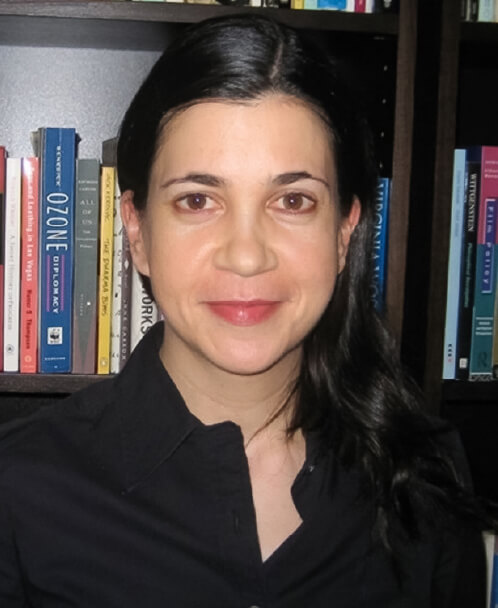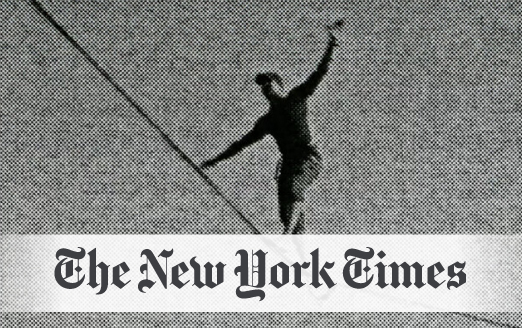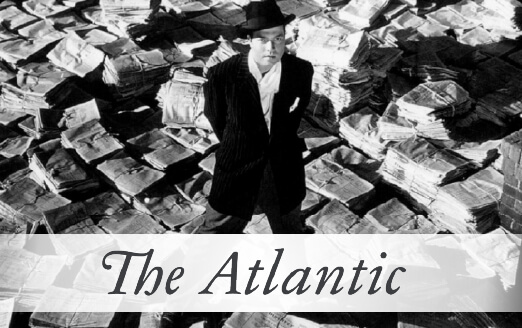About
Dr. Anna-Lisa Cohen is a former post-doctoral fellow at New York University, a current tenured psychology professor at Yeshiva University, and a contributor to The Washington Post and The New York Times. She completed her PhD at the University of Victoria, Canada in 2003.
Research Background
My first research position as an undergraduate at the University of Toronto was in the lab of Professor Phil Zelazo examining cognitive development in 3- to 5-year-olds. Much of this research examined children’s ability to understand another person’s mindset that differed from their own, known as “theory of mind” or perspective taking. Then after obtaining the highest grade in my 200+ student cognitive psychology course, my professor, Fergus Craik, invited me to work in his memory lab. This is where I became interested in future-oriented thinking and our ability to plan, simulate, and execute future intentions and actions.
The common thread in over 20 years of my research could be summarized as an interest in the psychological processes that allow our minds to cognitively separate from the present moment. This cognitive separation from the present is referred to as “mental time travel” or self-projection. When we pre-experience a future event (imagine how we will ask our boss for a raise), revisit a past memory (recall our wedding day from start to finish) or insert ourselves into a different person’s mindset (try to understand what a friend was thinking/feeling when she said something hurtful), we are cognitively separate from the here and now. Mental time travel also occurs when we become totally immersed in a story narrative (known as “narrative transportation”).







